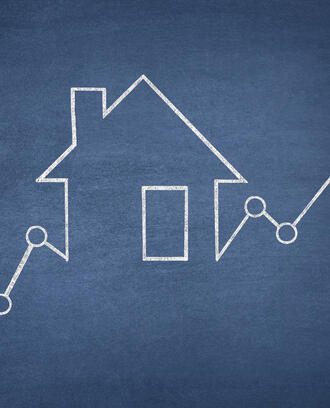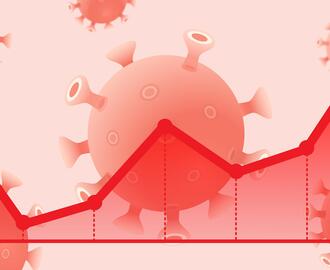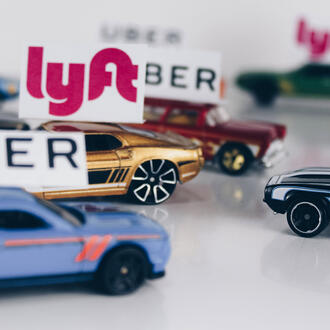Economy
‘Building the New Economy’: MIT Sloan School researchers map out a blueprint to help individuals, infrastructure, and institutions withstand crises, from wars to pandemics
By
New digital technologies can help build resilient systems and empower communities
Cambridge, Mass., May 22, 2020—How can we make our financial system less fragile and more transparent? How can we make our healthcare infrastructure less reactive and more agile? And what can we do to create more robust civic institutions that work for all of us—not just those at the top?
A new book from researchers at the MIT Sloan School of Management provides answers and insights to those pressing questions. The book, Building the New Economy, is edited by Professor Alex “Sandy” Pentland, leader within the Sloan Initiative for Digital Economy and founder of the MIT-wide Connection Science program, Alexander Lipton, former Managing Director of Quantitative Solutions at Bank of America and Connection Science Fellow at MIT, and Thomas Hardjono, CTO of Connection Science and Technical Director of the MIT Trust-Data Consortium.
“With each new crisis, be it war, pandemic, natural disaster, or even the invention of a major technology, there has been a need to reinvent the relationships between individuals, businesses, and governments. The COVID-19 health emergency and ensuing economic turmoil, joined with the tsunami of data and AI technologies—is such a crisis,” says Prof. Pentland.
“Consequently, the critical questions for today are: What sorts of systems can we create that will help us get past this crisis? And how we deploy technology to make us less vulnerable to the next one? Our book lays out a vision of what we should build and how we, as members of society, can forge a new social contract with institutions, communities, and organizations that supports and nurtures a new order.”
The book, which is part of the MITP Works in Progress (WiP) collection, is organized into three sections: The Human Perspective, Resilient Systems, and finally Data and AI. At the end of these three main sections, there is a concluding chapter on Computational Law, which discusses how to deploy and regulate these new societal systems.
The book offers examples of how new digital technologies, including artificial intelligence (AI), are empowering communities. In the Ladakh region of Pakistan, for example, the local population is using crowdsourcing to fund a massive infrastructure project in hydroelectric power. The citizens and businesses that will benefit from having hydropower buy digital tokens that give them future rights to electricity; and the pooled money provides the hundreds of millions of dollars required to build the water dam and hydropower complex.
“The community came together and it’s the community that will benefit,” says Prof. Pentland. “As transaction costs fall, we will continue to see more examples of communities empowered to do things in ways that weren’t possible before.”
Informal networks of scientists and researchers are using digital technology to make strides in designing and testing new treatments for COVID-19. These community networks are using medical data sharing systems to keep track of which drug cocktails and combinations have the best results in fighting the disease.
“Sharing ideas and outcomes is providing the sort of innovation needed for our society to survive and come out stronger,” he says. “After the current crisis, people will value local resilience more than global efficiency.”
About the MIT Sloan School of Management
The MIT Sloan School of Management is where smart, independent leaders come together to solve problems, create new organizations, and improve the world. Learn more at mitsloan.mit.edu.



